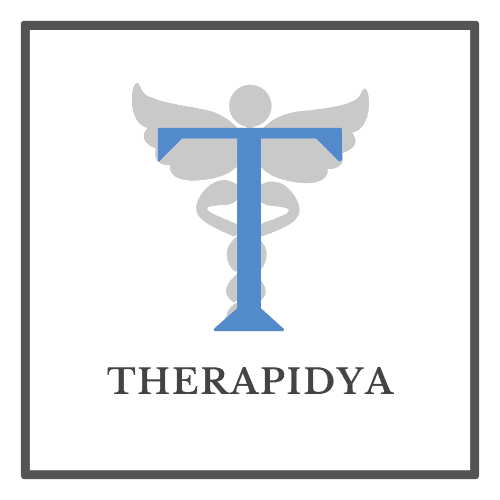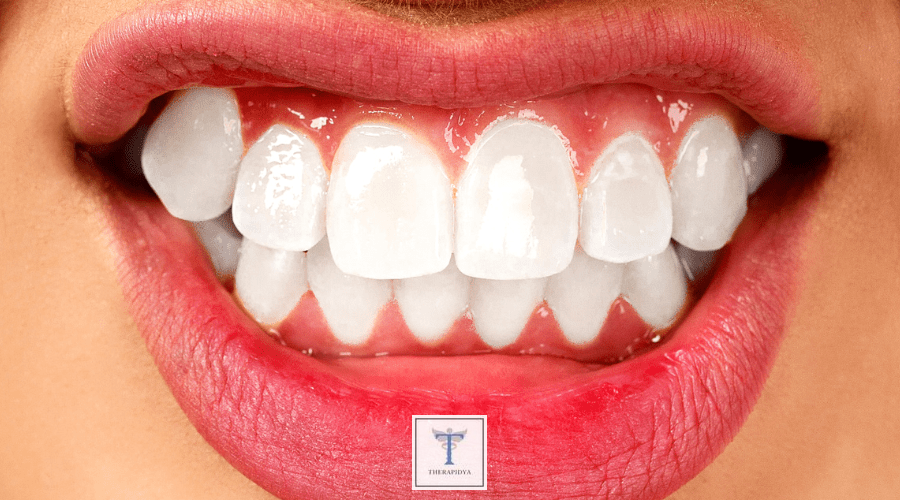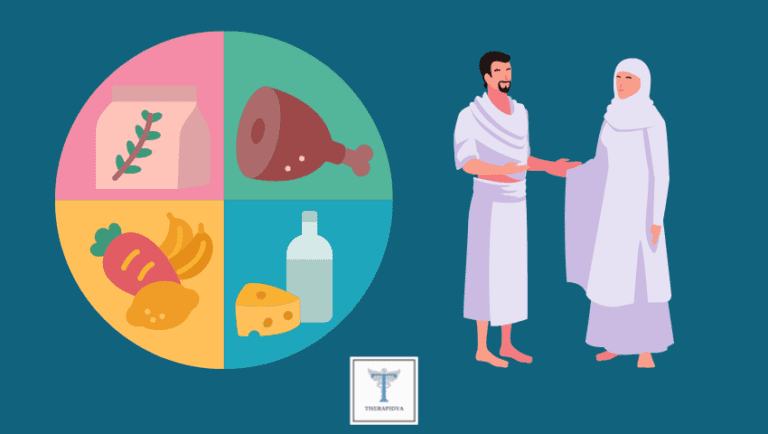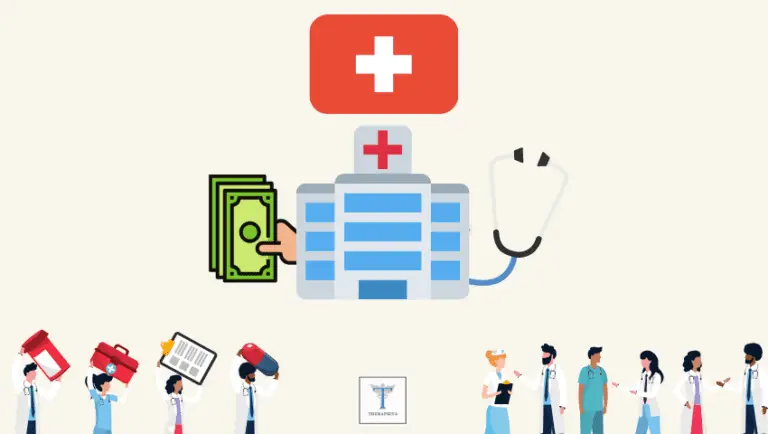Bruxism .. A Very Simplified Guide 2023
Bruxism is a common medical condition that affects a large number of people worldwide. This condition refers to the involuntary clenching or grinding of teeth during sleep or while awake. It is a prevalent disorder among children and adults and is often associated with stress, anxiety, and other behavioral or psychological factors.
In this article, we will discuss Bruxism in a simple and easy to understand way. We will cover the causes, symptoms, and treatment options available for this condition. With proper knowledge and guidance, you can mitigate the harmful effects of Bruxism on your dental health and overall well-being.
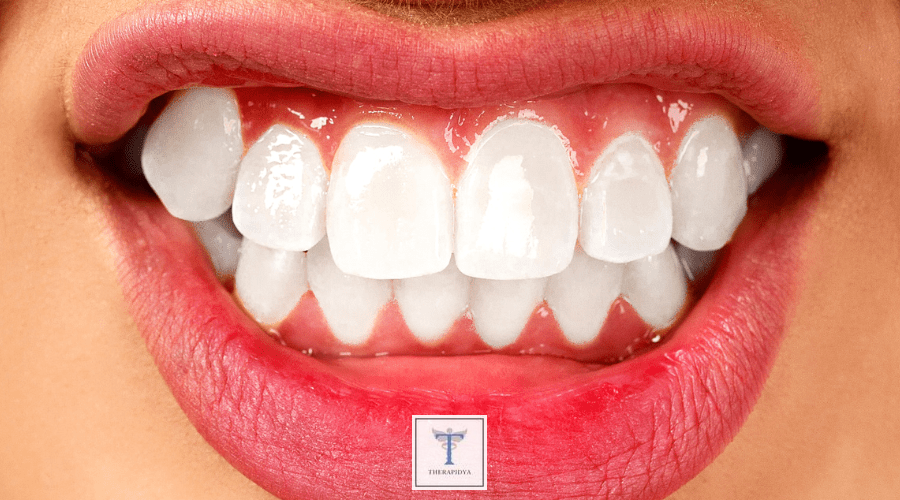
About Bruxism
Bruxism is a condition in which an individual grinds or clenches their teeth. Medications can be used to manage this condition. The drugs suggested for the treatment of Bruxism belong to the class of skeletal muscle relaxants. The following medications are available to address the condition:
– OnabotulinumtoxinA is an off-label medication that has proven to be effective in managing Bruxism. Patients receive a small dose of the drug through injection every three months. The drug is classified as a skeletal muscle relaxant and effectively targets the jaw muscles responsible for teeth grinding or clenching. It is important for patients to note that this medication may not be approved by the FDA for the treatment of this condition.
– Other skeletal muscle relaxants that have been suggested for managing Bruxism include Flexeril and Norflex.
– Patients should consult their healthcare provider to help them determine which medication is best suited for their condition.
It is essential for patients to remember that the use of any medication must be closely monitored to prevent complications. Patients should consult their physician regularly to ensure that the treatment is effective and to avoid adverse side effects.
Causes of Bruxism
Bruxism, also known as teeth grinding or clenching, is a medical condition characterized by the involuntary grinding, clenching, or rubbing of teeth, often during sleep. While mild cases of the condition may not be harmful, severe and chronic cases can cause damage to teeth, jaw pain, headaches, and other complications. It is estimated that 8% to 31% of the population suffers from bruxism, with women more likely to develop the condition than men.
The causes of bruxism are multifactorial, with both genetic and environmental factors playing a role. Here are some of the known causes of bruxism:
– Stress and Anxiety: Emotional stress and anxiety can cause a person to clench their jaw, leading to teeth grinding during sleep. Studies have shown that people with high-stress jobs or those who have experienced traumatic life events are more likely to develop bruxism.
– Sleep Disorders: Bruxism is often associated with sleep disorders such as sleep apnea, snoring, sleep talking, and sleepwalking. These disorders may cause a person to grind their teeth in response to airway obstruction, muscle tension or other sleep-related issues.
– Medications: Certain medications such as antidepressants, antipsychotics, and ADHD medications may cause bruxism or make it worse. These drugs affect the levels of neurotransmitters in the brain, leading to involuntary muscle movement or tension, including jaw clenching and teeth grinding.
– Genetics: Some studies suggest that bruxism may run in families and that certain genetic markers may increase one’s risk of developing the condition. This means that if a parent or sibling has bruxism, a person may be more likely to develop the condition themselves.
– Lifestyle Habits: Lifestyle habits such as smoking, excessive alcohol consumption, and caffeine intake may contribute to the development of bruxism. These habits can affect the nervous system and increase muscle tension, leading to teeth grinding.
In conclusion, Bruxism is a complex medical condition that can cause significant damage to one’s teeth and overall health. Identifying the underlying causes of the condition is crucial in preventing further complications and addressing the underlying issues effectively. If you suspect that you or a loved one may be suffering from bruxism, make sure to seek the help of a dental professional to get a proper diagnosis and develop a personalized treatment plan.
How is Bruxism Diagnosed?
Bruxism is a condition characterized by the clenching or grinding of teeth, usually during sleep. Symptoms include headaches, jaw pain, worn or chipped teeth, and sensitive teeth. Diagnosis of bruxism involves various methods, including physical examination, dental evaluation, and imaging tests. A healthcare professional may recommend a sleep study to monitor muscle activity during sleep or an electromyogram (EMG) to measure muscle activity in the jaw. Blood tests may be helpful in identifying any underlying medical conditions that may contribute to the development of bruxism. If the healthcare professional suspects damage to the temporomandibular joint (TMJ), they may recommend a computed tomography (CT) scan or magnetic resonance imaging (MRI) to evaluate the joint. While no single diagnostic test is definitive, a combination of methods may help diagnose bruxism accurately. It is essential to rule out any underlying medical conditions that may contribute to the development of bruxism, such as sleep apnea or anxiety disorders. Early diagnosis and treatment can prevent further damage to teeth and avoid associated symptoms like chronic jaw pain and tension headaches.
– Physical examination: A healthcare professional may evaluate the jaw muscles, temporomandibular joint (TMJ), and teeth for any signs of wear and tear or damage. In some cases, they may also evaluate the neck muscles for signs of tension or strain.
– Dental evaluation: The dentist may inspect teeth for signs of wear, fracture, or damage caused by teeth grinding. They may also evaluate the occlusion, bite, and jaw alignment.
– Sleep study: A sleep study may be recommended to assess muscle activity during sleep. The study involves placing electrodes on the face and scalp to monitor muscle activity during sleep.
– Electromyogram (EMG): An EMG measures the electrical activity of muscles in the jaw during contraction and relaxation. The test involves placing small needles in the muscles to measure activity.
– Imaging tests: A computed tomography (CT) scan or a magnetic resonance imaging (MRI) may be recommended to evaluate the temporomandibular joint (TMJ), particularly if joint damage is suspected.
While no single diagnostic test is definitive for bruxism, healthcare professionals may recommend a combination of methods for accurate diagnosis. Blood tests may not be helpful in identifying bruxism but may be valuable in ruling out other underlying conditions. Imaging tests may be necessary to evaluate the temporomandibular joint (TMJ) if joint damage is suspected. A patient’s health history, dental evaluation, and sleep patterns can provide valuable clues in diagnosing bruxism. Early diagnosis is crucial in managing symptoms and preventing further damage to the teeth and jaw.
Should i meet a doctor regarding Bruxism?
Bruxism, or teeth grinding, is a common condition that can lead to significant dental problems over time. While mild cases may not require medical intervention, there are certain red flags that indicate the need for urgent medical attention. If you experience any of the following symptoms, you should consult your doctor immediately:
– Severe or persistent headaches
– Jaw pain or difficulty opening your mouth
– Tooth pain or sensitivity
– Ear pain or ringing in the ears
– Sleep disruption or daytime fatigue
If you are worried about any of these symptoms, it is important to see a doctor as soon as possible. They can help diagnose the underlying cause of your bruxism and recommend appropriate treatment options, which may include medications, mouth guards, or behavioral therapies. Don’t wait until your condition becomes more severe or causes long-term damage to your teeth and overall health. Take action now and schedule an appointment with your doctor today.
